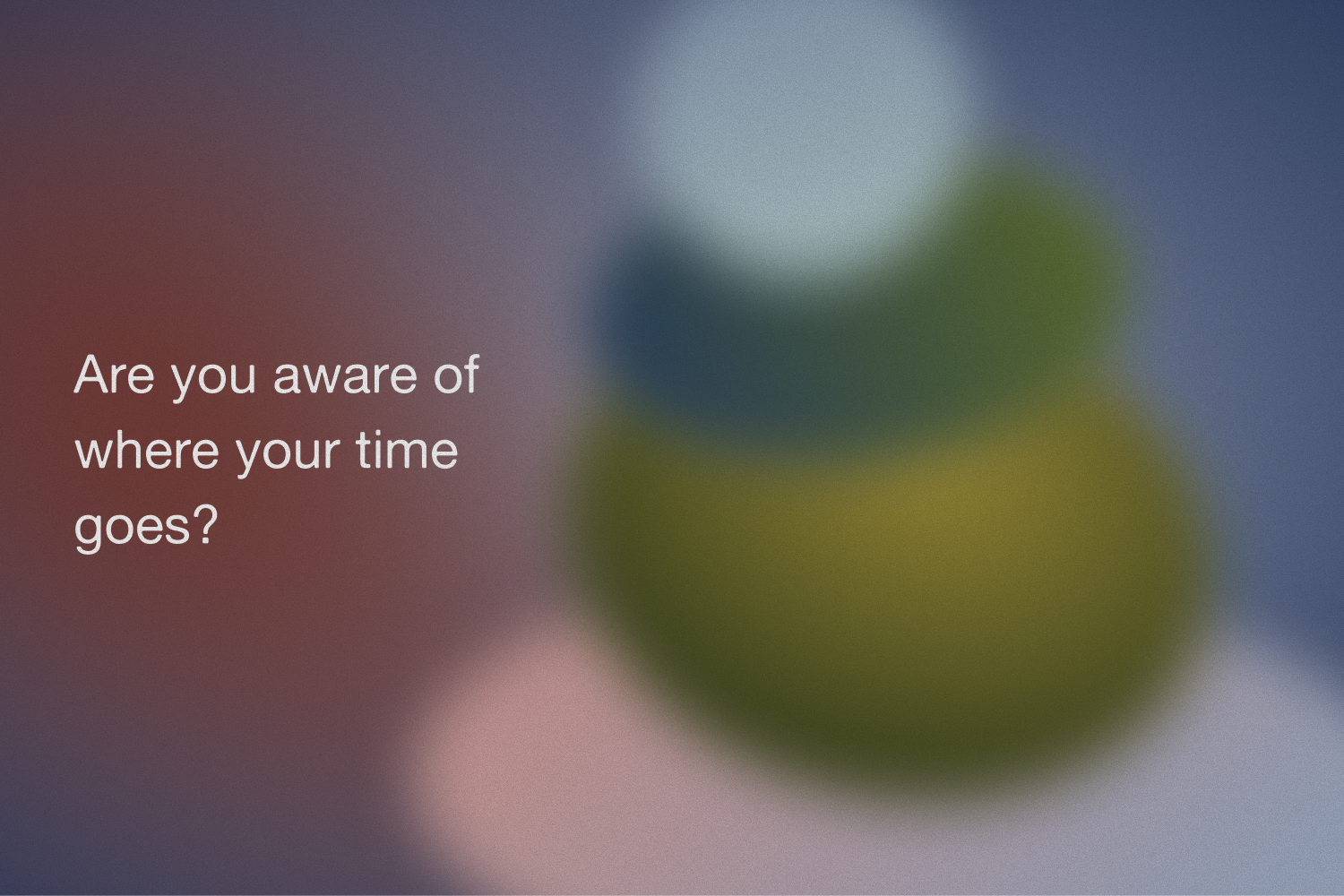I’ve been thinking a lot lately about what it means to make an effort, and what it means to be in a relationship, or a friendship, or in long-term care for someone.
I’m Omar, and I’m the founder and CEO of Kinnect, an early-stage startup focused on improving relationships by using memories to bond and bring families closer. Memories can be digital, lasting through generations, or printed in a book. Some are shared, some are unspoken. Often, they become the most important treasures in our lives. They represent the people who came before us, the people still with us, and they sometimes offer insight we wouldn’t have otherwise.
When I think about who we’re really fighting with when we say we’re too busy to improve or maintain a relationship, I realize it’s often the people we love the most. The ones we care about. The ones we think about. The ones we regret drifting from.
So who are we actually at odds with? As a society, who are we drawing lines against?
We’re lonelier than ever. One in four people globally feel lonely. Depression rates are rising. Mental health systems are under attack. Yet there are so few things designed to help us improve our relationships or bring us closer.
At the same time, parasocial relationships are becoming normalized. People fall in love with influencers or celebrities they don’t know. We say we’re too busy to send a message, to leave a voice note, or to make a call. But we spend over eight hours a day on our phones.
Why is that?
Why is it so hard to say something as simple as "I'm sorry"?
In my own life, I wish I was closer to my parents. Maybe Kinnect is one way I’m trying to bridge that gap. I want to capture the stories and complexities of my grandma. I hope the expansion of Kinnect makes that possible. I wish I had grown up with my younger brothers. I didn’t. I grew up with other siblings, and I wish I’d had both experiences. I wish I had developed deeper relationships with all of them.
I think we’re at war with systems designed to pull us in and keep us disconnected. There are psychological algorithms, built with millions of dollars, to hold our attention. Timing, design, color theory, and consumer behavior are used to trap us inside social platforms like TikTok and Instagram. We end up in echo chambers. We get flooded with lookalike influencers we grow obsessed with, without ever truly knowing them.
Since COVID, I’ve felt my social anxiety increase. I’ve been spending more time alone, more time building, more time in digital interactions and fewer real-life ones. And I don’t think I’m alone in that.
A lot of people I come across are just sad. They want to be heard. They want to be respected. They want to feel hurt, loved, or even just checked in on, even if it’s something small.
I see this fear in men especially. A fear that someone might think they’re too emotional. Or that caring too much makes them look weak. Or that reaching out means they’ll look needy, or not cool enough. Maybe they’re embarrassed because they got laid off, or had kids, or things didn’t go the way they expected.
It’s strange, but I think we’re at war with more than just loneliness. We’re at war with social commerce. With parasocial relationships. With our own egos and comforts. And I don’t think we’ve figured out how to deal with it.
We’re at war with status. With how much energy we give to screens instead of people. We create boundaries and then convince ourselves we’re different, or disconnected, or too far gone. And even when we know what's happening, we still fall into it.
I hope that as I keep building this company and moving around, I spend more time with people I care about. I hope I can let go of the noise that pulls me in.
Because even though I know TikTok and Instagram aren’t good for me, I still use them. That’s the hard truth.
There’s definitely some hypocrisy in that. But there’s reflection too.
